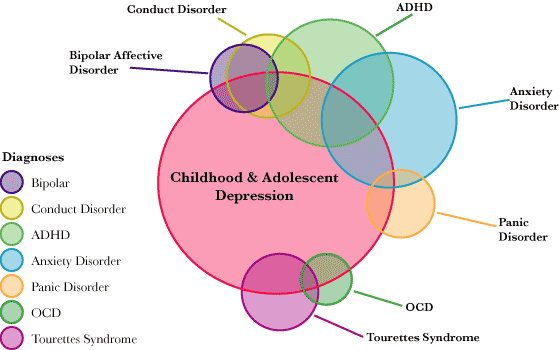
CHILDREN as young as seven are increasingly being diagnosed with anxiety, which is causing panic attacks, aggression and sleep problems.
Melbourne doctors have expressed concern at treating more children than ever for anxiety issues, blaming family breakdowns, busy lives and working families.
Royal Children’s Hospital developmental behavioural pediatrician Professor Jill Sewell said younger and younger children were being referred showing symptoms of anxiety.
Children displayed compulsive behaviours and symptoms similar to panic attacks in some severe cases, she said.
"in my experience, as a practising pediatrician, I have noticed an increasing number of primary school-aged children presenting with symptoms of anxiety," Prof Sewell said.
She said the rise was concerning, but there was not enough evidence to completely understand why.
"the sorts of things we feel are contributing are busy lives and urban living, complex family breakdowns, lack of extended family support … and stressed parents who are often busy with two jobs, which means long days for everybody," she said.
Family psychologist Sally-Anne McCormack echoed the concerns, saying today’s generation of children were under increasing pressure.
"it certainly is a fairly common diagnosis for children, the many different anxiety disorders that affect young people, and phobias," Ms McCormack said.
"We busy up our children a lot, and don’t necessarily give them time to just be kids. Over-scheduling causes anxiety for everyone.
"also, well-meaning parents could potentially place anxiety on them, wanting them to be the very best they can be.
"but by giving them the expectation that they have to achieve, we can place unnecessary pressures potentially on our children."
Richmond Hill Psychology’s Dr Janet Hall said one of the biggest issues for children experiencing anxiety was being bullied and picked on.
"Girls are often excluded from friendship groups, and this can destroy their confidence and self-esteem," Dr Hall said.
"Boys are more often physically intimidated."